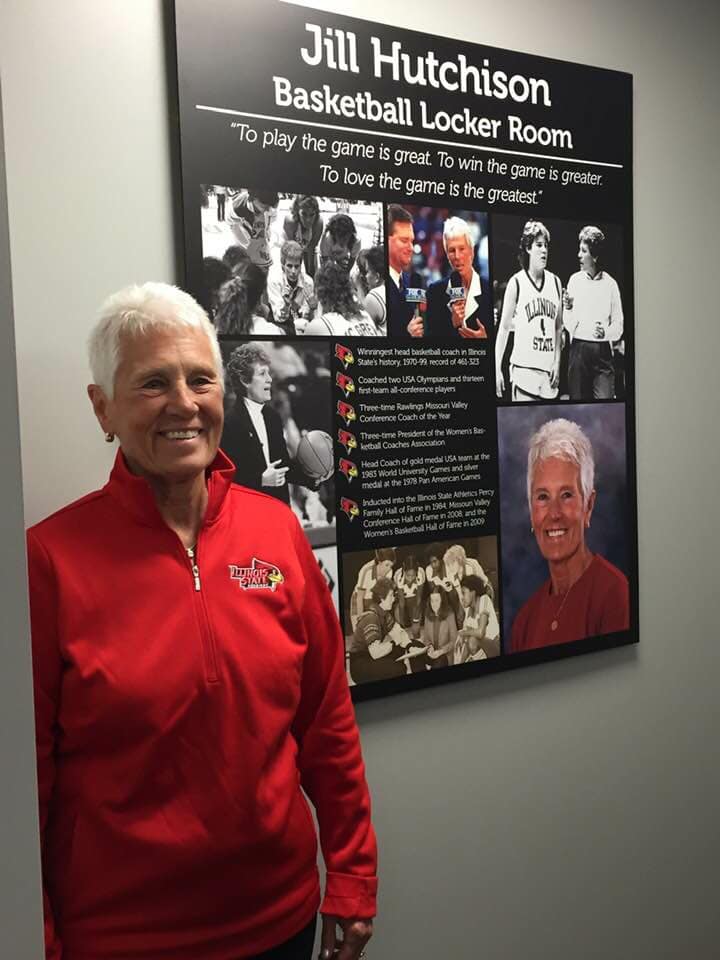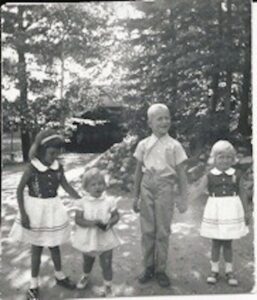 If I pursued a career unheard of for women, moved abroad and rewrote my script after my dream collapsed in an accident, it is because of you, my pioneer dad, who believed in me every step of the way.
If I pursued a career unheard of for women, moved abroad and rewrote my script after my dream collapsed in an accident, it is because of you, my pioneer dad, who believed in me every step of the way.
I inherited the McKinzie iron will, a drive to pursue lofty ideals in spite of obstacles.
In the controversial years of Title IX’s infancy, when girls and ball games were non compatible entities, your adamant belief in women’s right to participate in sports would empower all your daughters. Especially me.
Fifty years ago, dads teaching daughters jump shots were anomalies. Fathers discouraged daughters from playing ball games society deemed unladylike.
Yet, you fought for equal rights and shaped values in the athletes you mentored during your 33-year career at Sterling High School where you earned the affectionate title of Papa Mac while racking up Illinois’ 1st ever girls state basketball championship title, a 3rd place finish and an Elite Eight appearance. But what made you proudest was seeing how your athletic “daughters” grew up to contribute to society as principals, teachers and leading members of their communities.
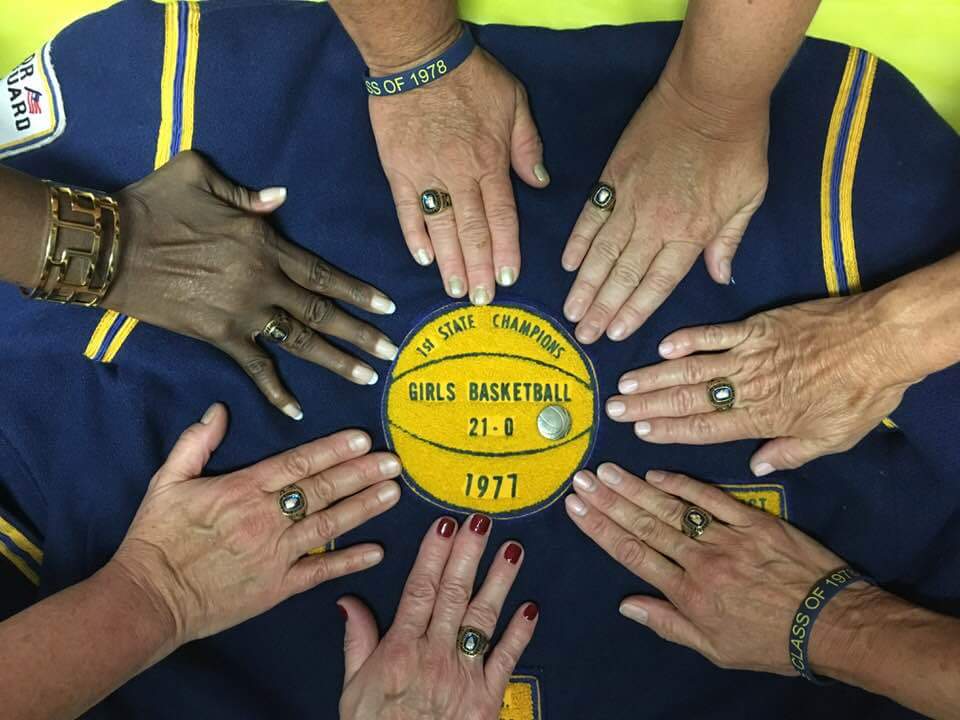
No one felt your influence more greatly than me. When my slender frame took a beating on basketball courts at ever elite levels, you never said, “You’re too small to go pro.” Instead you helped develop my potential. When my American pro team folded, I stated, “I’m going to France to play.”
“What if you get hurt?” You tried your darnest to dissuade me. Then after the shock subsided, you offered your support and returned to the gym to rebound.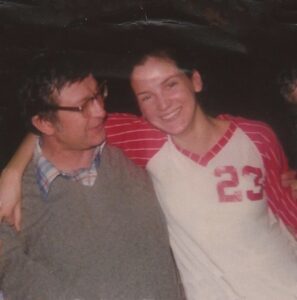
When I announced, “I’m engaged to a Frenchman,” you were the first to accept a foreigner into the family and remained my most faithful correspondent, sending manila envelopes to Europe. Rather than disowning me, you sacrificed time and money to make 18 trips across the Atlantic to be part of your gandchildren’s lives.
Though you never visited Scotland, the home of your fore-bearers, it is as if clan bloodlines transcended generations. Like your father and forefathers, you became a leader of men and women. You taught us a code of honor, respect for our fellowman, and fierce loyalty toward family.
Our resilient constitution, strength of character, love of nature, and reverence for honest work may have been virtues passed on from our ancestry, but we developed them by modeling your behavior in a life where you treated everyone equal.
 As the head of our McKinzie clan, you set the finest example of what it means to be an honorable leader, a strong chief, and a benevolent father.
As the head of our McKinzie clan, you set the finest example of what it means to be an honorable leader, a strong chief, and a benevolent father.
I grew up during an era when athletic girls felt shunned without role models. You encouraged me to be myself even when it meant being different and pursuing a career usually sought by men.
It was not easy being a modern day daughter, marrying a Frenchman and raising children abroad. Nor was it easy to be an up-to-date dad, whose dedicated coaching developed the talent that took his daughter away.
I was a selfish, smart-aleck kid; you were too overprotective. You grew up under the “work ethic” when it was a man’s world, only, yet you learned to accept a modern, do-it-herself daughter who lived by the “experience ethic.”
You leaned right; I left. Too much alike in temperament and too different in ideologies to always get along, yet our differences, spurred growth. I loved you enough to let you be a blundering father. You let me be a belligerent daughter. Through headstrong outbursts, we learned to compromise, to live modern dreams without losing old-fashioned values.
You were not a perfect dad, nor I, a perfect daughter. But our love was.
You taught me to shoot a jump shot, swim a lake, drive a car, balance a checkbook, but the greatest lesson I learned from you was “never give up!”
Thirty-five years ago, that fighting spirit helped me recover from a career ending, near fatal car accident 4,000 miles away from home. More recently that same resiliency helped me survive a life altering fall that resulted in a broken cheek bone, eye socket, jaw, nose and skull that led to a 5 hour brain surgery and over a year of rehabilitation. With no end in sight.
I may never play my guitar, type a blog post or swim again pain free.
Everyday as I struggled in physical therapy to squeeze my hand, raise my left arm, and walk without stumbling I think of you and repeat the mantra you ingrained through hours of practice spent correcting my jump shot, “Keep fighting!”
Every night when I called you reminded me,“I am proud of you sweetie.”
And you ended every conversation with these words,
“I think of you everyday and love you more each minute.”
Me too, dad, me too.
Happy Birthday to my 90 year old hero!
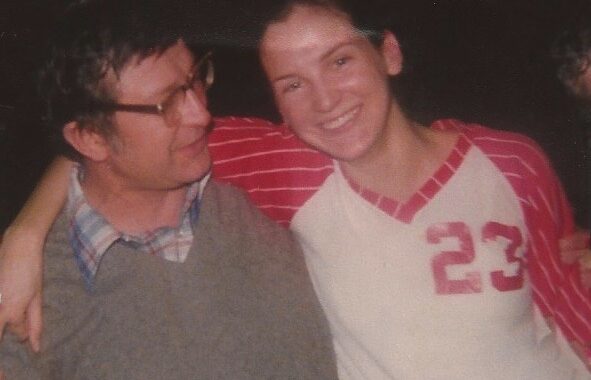
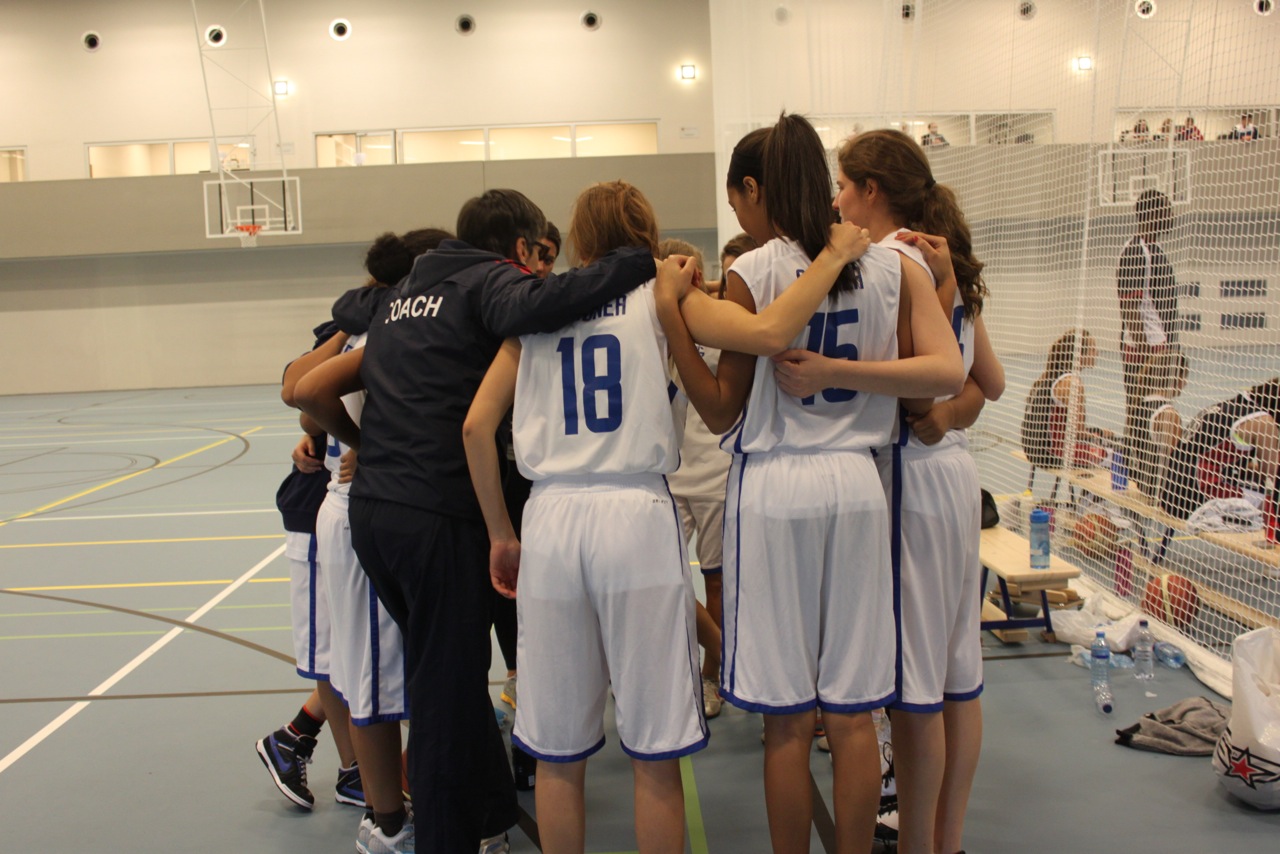
 Basketball symbolizes Illinois as much as sweet corn, the red bird and Abe Lincoln.
Basketball symbolizes Illinois as much as sweet corn, the red bird and Abe Lincoln.
 cage title (1976-77) hosted by Illinois State.
cage title (1976-77) hosted by Illinois State.
 en including Hutchison advocated for women even before the
en including Hutchison advocated for women even before the 